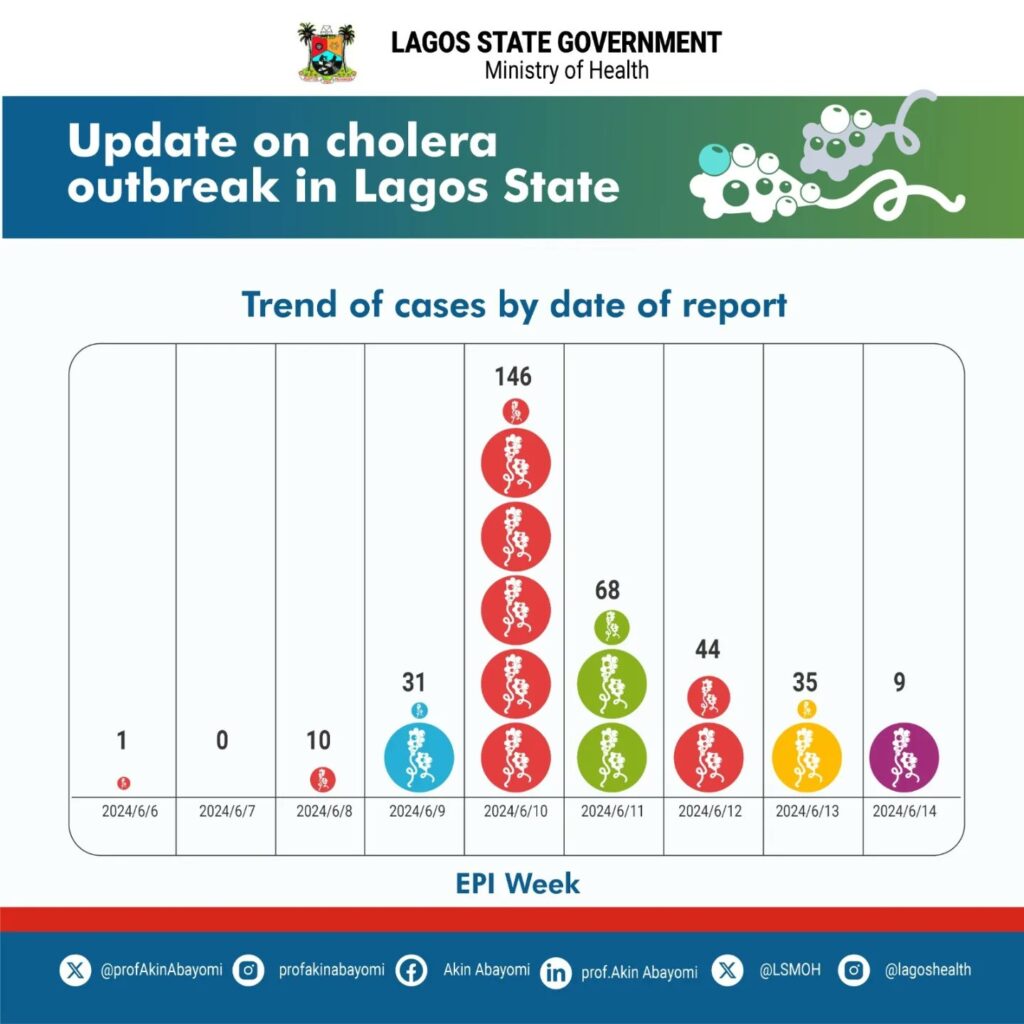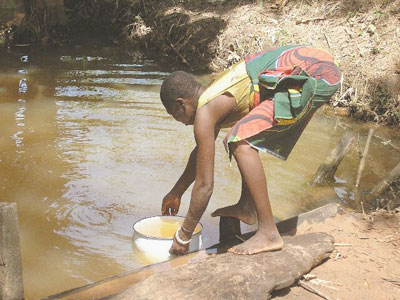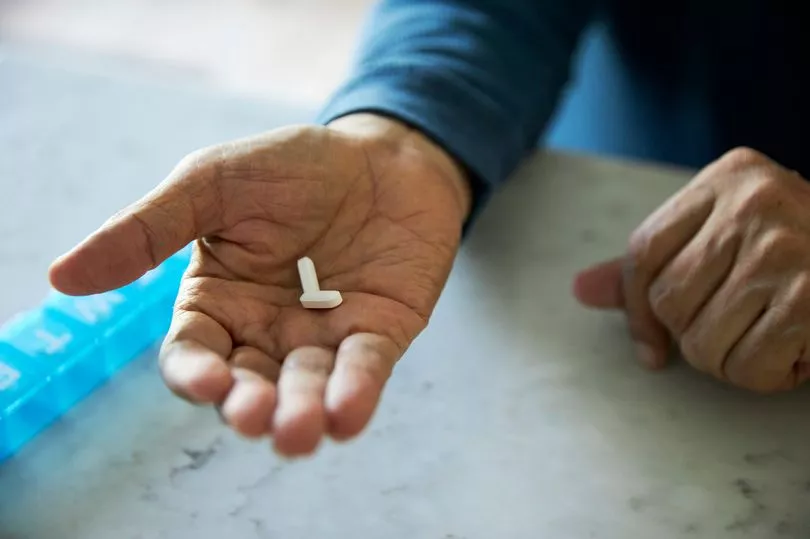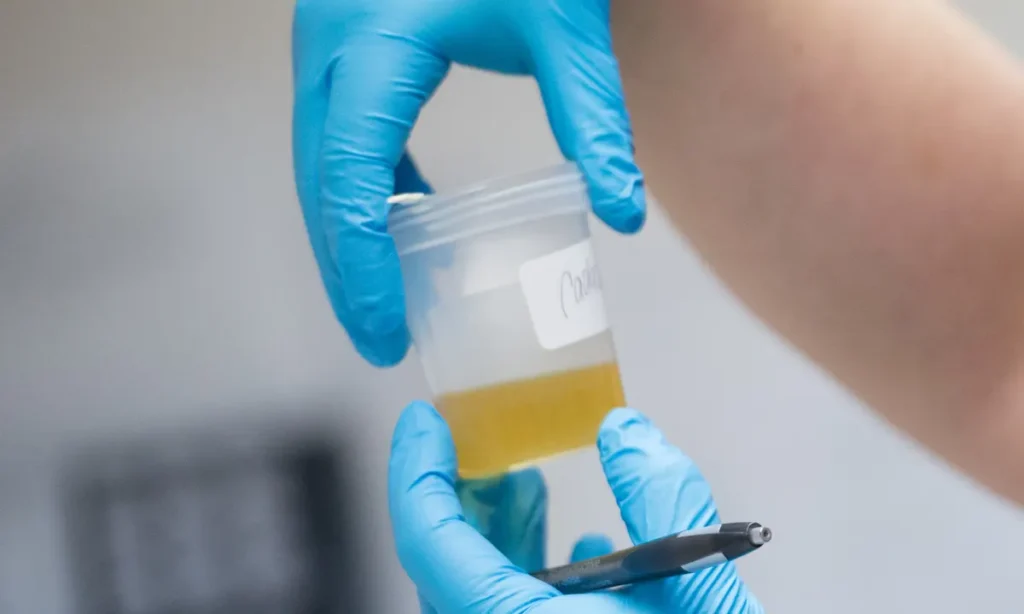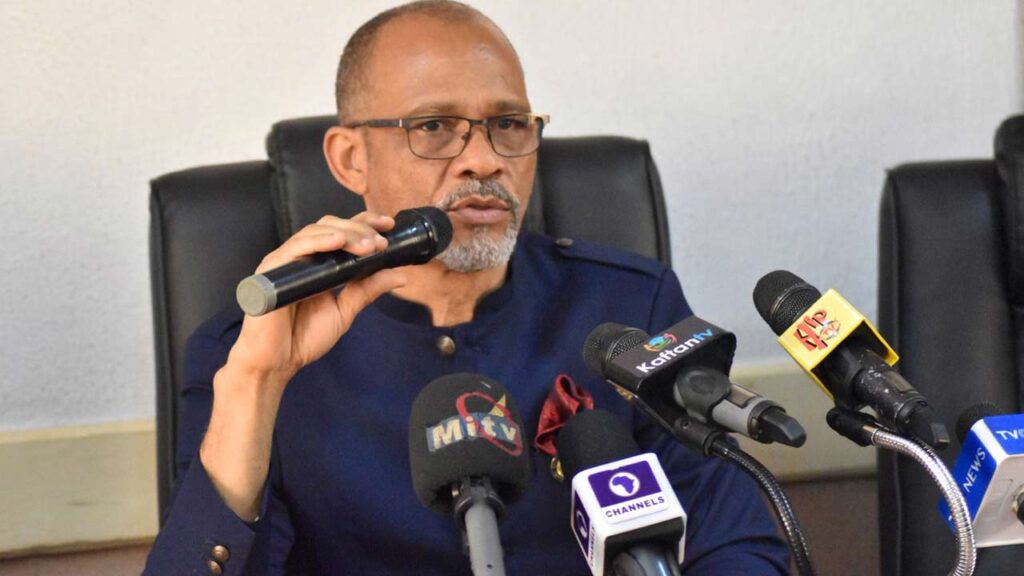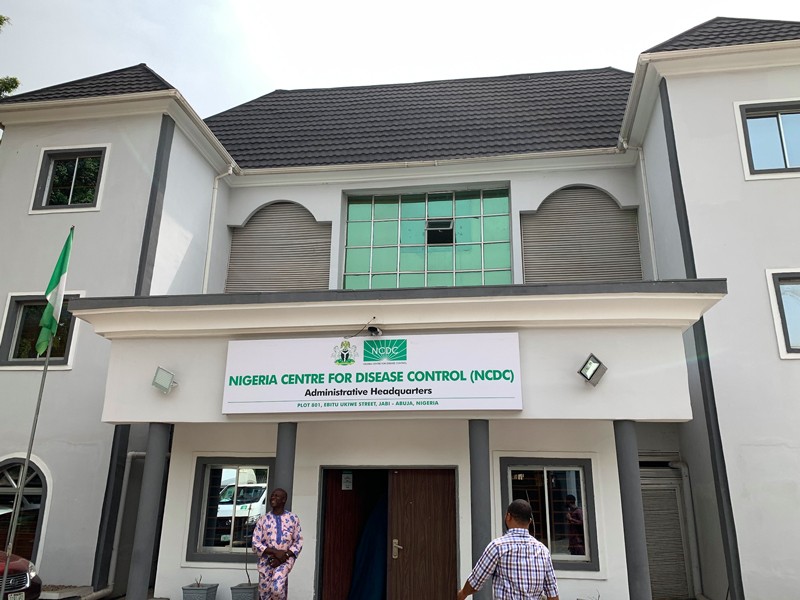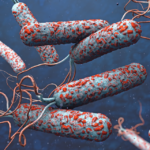
The Lagos state commissioner for Health, Prof. Akin Abayomi, has announced that the number of Cholera cases in the state is significantly declining.
Making this announcement on Monday in an update on the Cholera outbreak in Lagos, Abayomi illustrated the decline in a graph.
“Cholera Confirmation: Laboratory tests have confirmed that the outbreak is due to Cholera,” he said in a post on X.
“The identified strain is highly aggressive and contagious, with potential for widespread dissemination.
“Epidemiological Trends: Through community-based case finding and contact tracing, we have observed that the number of cases has peaked and is now significantly declining.”
On the issue of morbidity and mortality, Abayomi said 350 suspected cases of cholera were reported in 29 wards across multiple Local Government Areas (LGAs) in Lagos State.
The commissioner added that 17 confirmed cases and 15 fatalities were attributed to severe dehydration caused by delayed presentation.
The Lagos State Government had earlier called on the public to be vigilant and take precautionary measures in response to a surge in severe gastroenteritis cases reported across the state.
Abayomi had disclosed that cases of severe gastroenteritis were reported in communities around Eti-Osa, Lagos A Island, Ikorodu and Kosofe LGAs.
He explained that cholera is a highly contagious disease that causes severe diarrhoea and can be life-threatening, adding that it poses a significant health burden in areas with poor water treatment and sanitation, and could impact Lagos State.
“Cholera spreads through direct transmission by eating or drinking contaminated food or water, and indirect transmission due to poor sanitation and lack of handwashing,” he said.
“Symptoms of cholera include severe watery diarrhoea, vomiting, rapid dehydration, muscle cramps, fever and sometimes collapse.”
According to him, treatment options for cholera include rehydration using Oral Rehydration Salts (ORS) for mild to moderate dehydration.
He stated that intravenous fluids are used for severely dehydrated patients and are given only in medical facilities and supervised by medical personnel.
He advised, “To prevent cholera, citizens are urged to ensure safe drinking water’ by boiling, chlorinating, or using bottlec water, and avoiding ice products made from untreated water.
“Maintaining proper sanitation by using toilets, safely disposing of faeces, and avoiding open defecation is crucial.
“Practicing good hygiene, such as washing hands with soap and clean water regularly, especially before eating, preparing food, and after using the toilet, is essential, and following food safety guidelines.”
He, however, urged citizens to rely on the state Ministry of health, the Nigeria Centre for Disease Control (NCDC), and accredited local health facilities for guidance, advice and updates on prevention, treatment and management.
He added that suspected cases can be reported via the following emergency hotlines: 08023169485, 08137412348, or by using helplines 767 or 112.
“We urge everyone to adopt these preventive measures and report any suspected cases promptly to safeguard our communities,” he stated.


